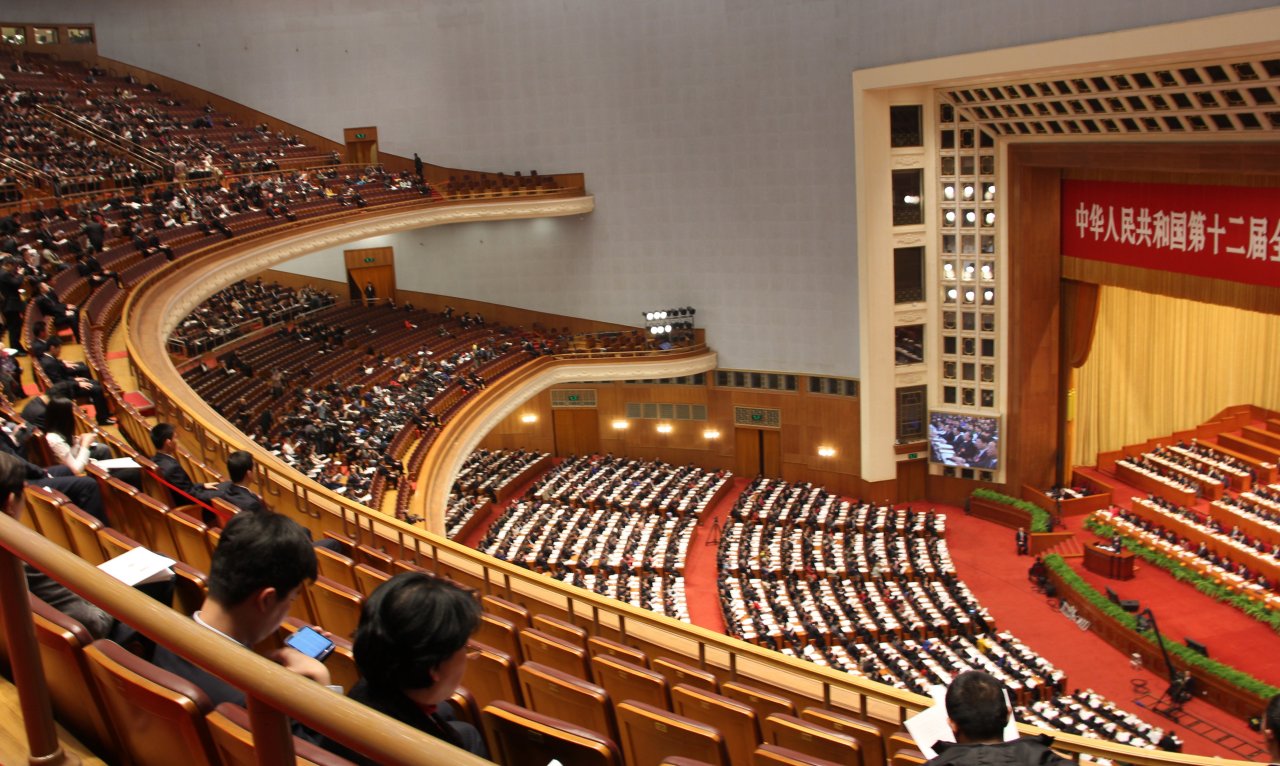International companies are increasingly being drawn by the lure of raking in big bucks at a fraction of their fixed costs. But at the top of everyone’s list of challenges, says Fabian Knopf, Senior Associate at Dezan Shira & Associates, is the question of how a business can protect its intellectual property rights (IPR).
A history of rampant copying and ‘borrowing’ of ideas, combined with the lack of a Western-type rule of law system, has made the issue of protecting IPR the single biggest hurdle for most companies to overcome when thinking about entering the China market.
As China’s economic power and international standing grows, there’s an enhanced hunger for indigenous innovation, especially in sectors such as automobiles, pharmaceuticals and technology. With domestic interests at stake, the past 12 months especially have seen unprecedented IPR undertakings.
The PRC's State Intellectual Property Office (SIPO) website reports that in 2013, the country was the world’s top source (filed by China) and destination (filed in China) of local IP filings, surpassing the United States and Japan. SIPO received 825,000 invention patent applications (up 26.3 percent year on year), ranking it the first worldwide. They also received 1.8815 million applications for trademark registrations and 164,000 software copyrights, again making it numero uno.
Currently, the World Intellectual Property Organization (WIPO) ranks China as the third largest international filer of patent and cooperation treaty (PCT) applications, surpassing Germany. The PCT is an international-type application that reserves the applicant’s right to enter over 140 countries that are members of the treaty. The 2014 National IPR Publicity Week, held locally in late April, saw WIPO Director General Francis Gurry commend and express gratitude for the mainland’s commitment to IPR. The numbers speak for themselves; it appears that the nation’s goal to transform itself from a ‘made in China’ to a ‘designed in China’ market is finally being realized.
But that’s not all. China's customs have also been hard on the job. Xinhua reported that in 2013, officials confiscated 20,464 batches of goods, including about 76 million articles suspected of breaking IPR laws. Among the articles, 98 percent involved violation of the right to the exclusive use of a trademark, the General Administration of Customs said. Around 99.4 percent – including unspecified amounts of counterfeit tobacco, hardware, cosmetics, garments, shoes, automobile components and pills – were seized as they were being exported. That’s some solid savings to plenty of world economies right there, a sign that the Middle Kingdom is stepping up its game.
Long condemned for insufficient defence of intellectual property rights, the move to open China’s first special intellectual property court has been hailed as a ground-breaking measure. With proper protection crucial to the encouragement of innovation, the establishment of these new judicial arenas will be a big move in China's legal system reform and bring the PRC more in line with other large economies.
According to statistics released by the Supreme People’s Court, 100,399 IPR cases were heard in Chinese courts in 2013 alone. Of those, 23,272 were trademark cases – a 17.5 percent increase on the year before. Interestingly enough, the bulk of patent disputes in China are brought about by Chinese companies – not Western companies – against other Chinese companies.
Guangdong, as it stands, is where one-fourth of all these IPR disputes happen. It’s also where 306 of the 2,759 judges reside, all boasting experience in handling complex IP cases involving national and foreign entities, cutting-edge technical issues, plagiarized content, new business models on the Internet and world-renowned brands. Some of these notable and highly publicized cases have included the long-standing iPad trademark dispute between Apple and Shenzhen-based Proview, as well as Chinese technology giant Huawei suing US-based InterDigital Communications over monopolistic practices. Both litigations were heard in this province.
With three PRD cities – Guangzhou, Shenzhen and Zhuhai – submitting proposals to build the first court, officials are also hoping that the move will benefit companies hoping to enter the planned free-trade zone connecting Guangdong province with Hong Kong and Macau. The new court will be launched after authorities complete their analysis of overseas practices, with Beijing, Shanghai, Zhejiang and Jiangsu expected to follow suit.
Knopf is optimistic about the direction China has taken. “The surge in litigation suggests that Chinese companies are learning to use IPR to defend their technologies against national and foreign competitors. In saying this, Western firms who simply can’t ignore the business potential the country offers now have little choice but to apply for patents in China. They have to be able to protect themselves against possible infringement and to take legal action if and when necessary. There’s no two ways about it anymore.”
If the trend continues, it’s inevitable that China will eventually surpass all nations to become the world’s leader in intellectual property procurement and advancement. In addition, China’s emphasis on IP protection will inevitably move closer to Western standards, as the country’s economy and entrepreneurs set sights on developing their own innovations rather than reverse-engineering those of foreign organizations.






















0 User Comments